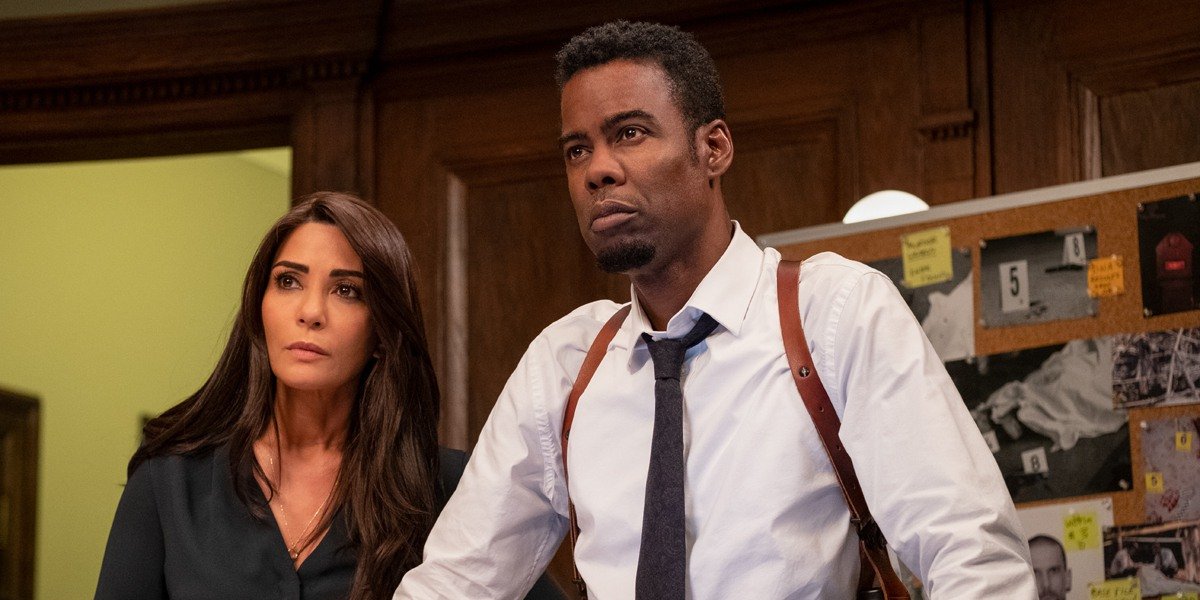On Wednesday, the day Congress was set to formally declare Joe Biden the winner of the 2020 presidential election, chaos erupted in Washington, D.C., when a mob of Trump supporters stormed the Capitol. Four people were killed, the National Guard was deployed and more than 50 people were arrested.
Civil rights leaders and activists were quick to point out how law enforcement handled these pro-Trump rioters versus the Black Lives Matter protesters over the summer, slamming the double standard.
"When Black folks are protesting and progressives are protesting peacefully they were tear-gassed, they were arrested, they were shot with rubber bullets. They were shot with real bullets," said Derrick Johnson, president of the national NAACP. "We watched it take place all summer long when people were peacefully demonstrating."
Coping with the riots:What to do about that pit in your stomach in this terrifying American moment
'Double standard':Black lawmakers and activists decry police response to attack on US Capitol
These conversations spilled over to social media and they might be happening within your own home or inner circle.
But how does someone, especially someone who's white, start (or continue) a conversation with family and friends about racism and privilege?
In order to help get you started, USA TODAY spoke with experts to create this guide on best practices and important things to remember when engaging in this type of work.
Of course, there is not a one-tactic-fits-all approach to having these difficult conversations.
As Jenna Arnold, author of "Raising Our Hands: How White Women Can Stop Avoiding Hard Conversations, Start Accepting Responsibility, and Find Our Place on the New Frontlines," told USA TODAY it's important to remember that these conversations are "a little bit case-by-case."
Get the Coronavirus Watch newsletter in your inbox.
Stay safe and informed with updates on the spread of the coronavirus
Delivery: Varies
Your Email
So instead of a step-by-step guide, we've compiled tips and strategies for different steps of the process, from before the conversation starts to after it ends.
Things to remember before getting started
Know your purpose:
Dr. Amanda Taylor, senior adjunct professorial lecturer, School of International Service at American University, pointed to Ijeoma Oluo's book "So You Want to Talk About Race," in which she suggests to first find your purpose or "why."
"It is really important to first personally get clear about why you want to have this conversation, and what you are hoping to communicate or understand," Taylor said.
Realize it will likely get uncomfortable:
"We must remember that real learning – about anything – only actually happens when we are uncomfortable," Taylor explained. "For white people who have been engaged in the ongoing process of antiracist learning, I think it is very important that we actively commit to doing the work to support the learning and growth of our white friends, colleagues, and family members, even – and especially – when it is hard."
Dr. Lorenzo Boyd, associate professor of criminal justice and assistant provost of diversity and inclusion at the University of New Haven, also spoke to why the conversations can get uncomfortable (and some people can quickly get defensive).
"The level of discomfort is going to happen," Boyd said. "Some people are so used to privilege that equality feels like oppression."
Arnold echoed, "Engaging in this work requires getting comfortable with discomfort."
Source Code : https://www.usatoday.com/story/life/2020/07/06/how-to-guide-talk-racism-white-privilege-with-family-friends/3278514001/



